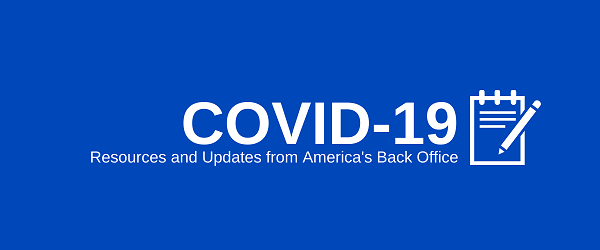Keeping current on employment law is one of the more cumbersome tasks for any Human Resources Department to tackle, but it’s critical nonetheless. HR professionals must keep their eyes and ears open.
When changes to employment laws occur, it often requires HR professionals to make a mad dash to become compliant. This means changing internal policies and communicating to your entire organization.
Several events impact employment law and your HR Department should be monitoring for the following types of events:
Court Decisions
Landmark cases, such as EEOC v. Abercrombie & Fitch affects hiring decisions and Obergefell v. Hodges which guarantees same-sex marriage, impacting benefits eligibility.
National Labor Relations Board (NLRB) Decisions
The NLRB acts to prevent and remedy unfair labor practices committed by private sector employees and unions. This includes, decisions like the “joint employer” ruling in the Browning-Ferris industries case.
Federal, State and Local Legislation
The 2016 Presidential Election has thrown a spotlight on the federal minimum wage, currently at $7.25. Should the government take action, this will impact every company in every state. However, over half of the states in the U.S. have already raised their minimum wages and HR Departments must be aware of this.
Department of Labor Decisions
This government agency can create, modify or delete rules in the Code of Federal Regulations, such as their decision to amend the Fair Labor Standards Act (FLSA).
Executive Orders
Such as President Obama’s Executive Order 13658 which established a new minimum wage for all federal contractors.
OSHA (Occupational Safety and Health Administration)
OSHA on occasion will raise penalties on employers who violate health and safety guidelines.
Your HR Department or PEO should be monitoring all of these sources for your business, reading and understanding laws and decisions affecting employment law and adapting your internal policies to ensure compliance.


